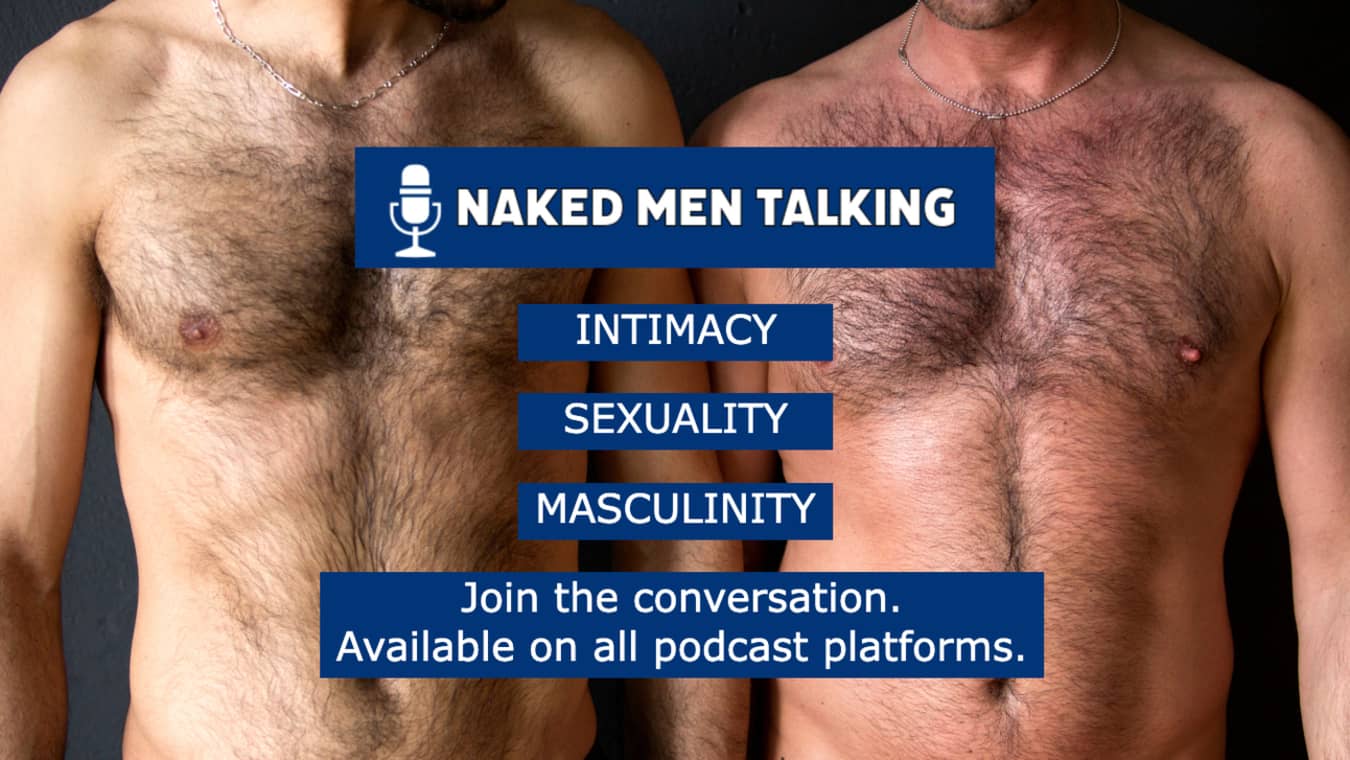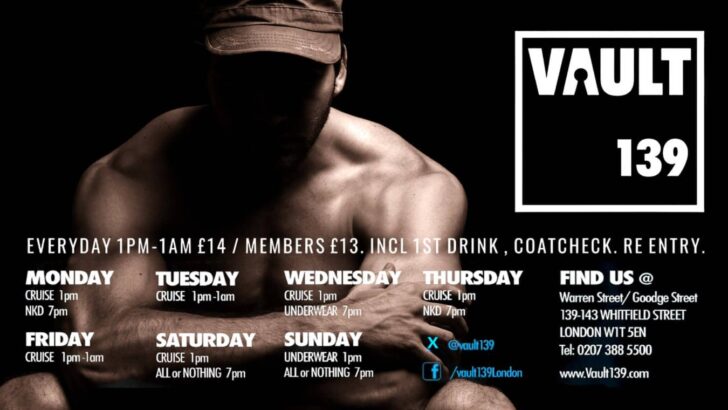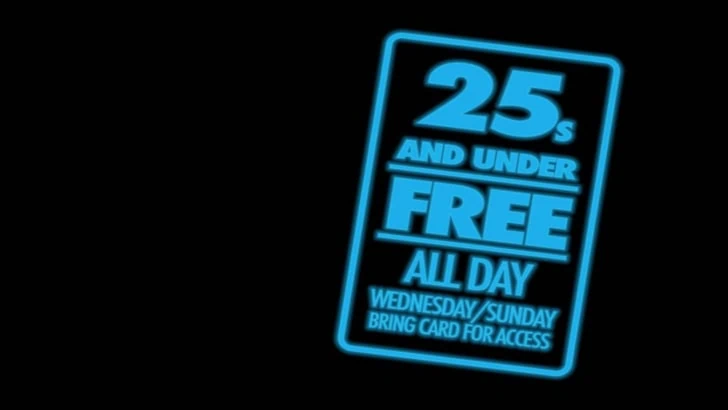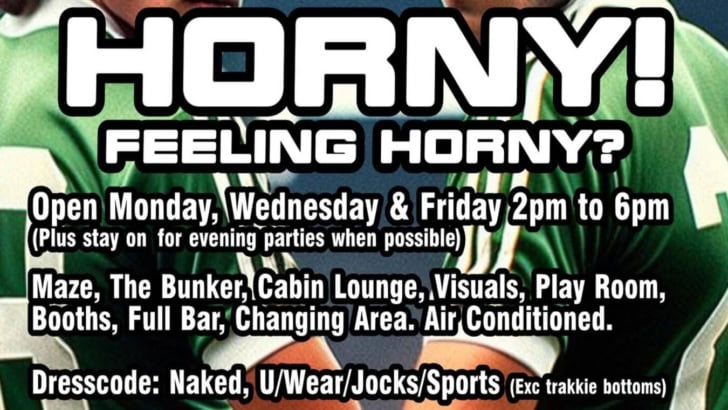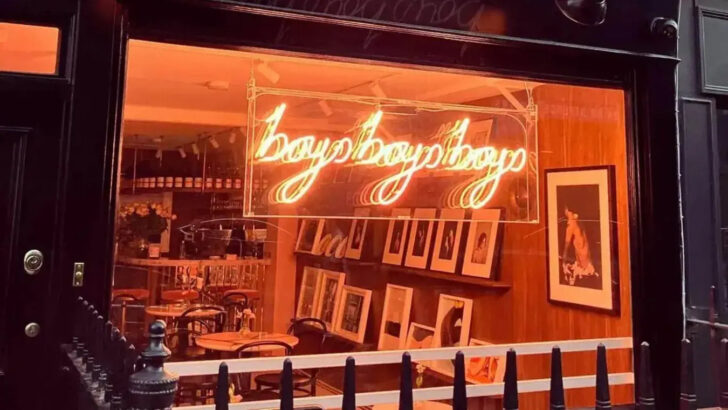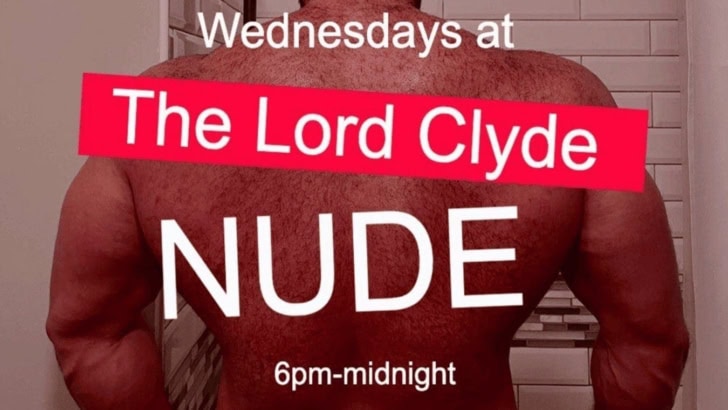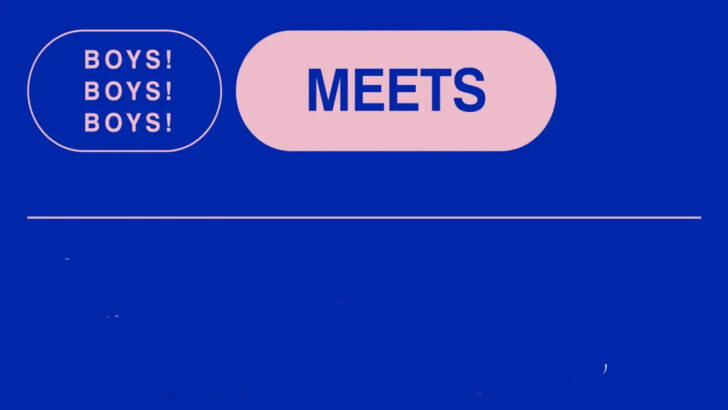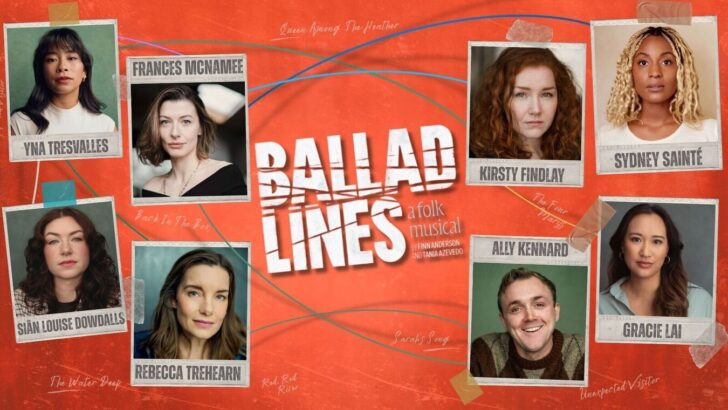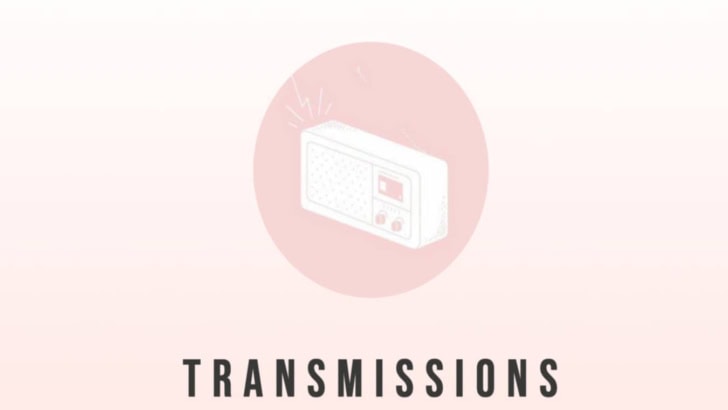Can you really tell if someone is queer? Do you have a finely-tuned ‘Gaydar‘ that can pick up on the subtle signals and cues that indicate whether or not the guy that you’re talking to is on your team?
In a way, it’s a gamification of the hook-up experience. As queer men, do we have an inbuilt intuition about this kind of stuff? Are we able to interpret verbal and physical indicators in order to recognise what we have in common, even in the most closeted of situations?
Perhaps surprisingly, there’s been quite a bit of scientific study to try and assess whether you can tell if a person is gay just by what they outwardly present to the world. This type of research is generally categorised as Physiognomy.
Physiognomy was particularly popular in the 19th century, but then fell out of favour as it was frequently used for racist stereotyping. However, in recent years – with the rise of research into artificial intelligence – there’s been renewed interest in the field of Physiognomy and trying to determine what we can learn from the outward appearance of each other.
One of the most recent studies to be published was looking at our ability to determine sexuality based on a guy’s voice. The research was conducted by Fabio Fasoli from the University ofSurrey in England, and the results were published in the Journal of Homosexuality.
Fasoli’s study involved 130 participants – researchers played the study participants audio recordings of other people. They were then asked to select whether the voice that they were hearing belonged to a queer man or a straight man. A separate exercise asked the participants to rate each voice against the Kinsey scale.
The study found both straight and queer participants were more likely to categorise speakers as straight – suggesting that audio cues are not a particularly effective way of identifying queer men.
Queer participants were slightly more likely to identify speakers as queer, but not necessarily accurately. The researchers suggest that queer people might be less inhibited in labelling other people as queer, whereas straight people might be more cautious of doing so.
Regardless of what the science says, many of us feel like we have a finely-tuned Gaydar. While our research hasn’t been peer-reviewed, if you’re wondering if a guy is into other guys, here’s our tips on how to test whether your Gaydar is working effectively.

The general rule
A person’s sexuality is their information to share. Don’t assume anything, and don’t force anyone to disclose information about themselves that they may not be comfortable discussing with you.If you feel that determining a person’s sexuality is important to the conversation that you’re having with them, create opportunities for them to describe their sexuality in a way that makes sense to them.
Don’t make it awkward
We used to see this quite often with celebrities – journalists asking famous people if they were queer and then everyone getting embarrassed about the invasion of privacy. You want to avoid putting someone on the spot, or backing them into the corner of binary answers.
The person that you’re speaking with may be perfectly comfortable with their sexuality, but there may be other factors at play as to why they don’t feel that it’s appropriate to be discussing it right at that moment.
Use open-ended questions
Here’s some examples as to how open-ended questions can open the door for someone to share the details of their sexuality with you if they feel comfortable in doing that:
- Is your sexuality relevant in this context?
- How would you describe your sexuality?
- Are you in a relationship or seeing anyone special at the moment?
Lead with your own information
If you’re trying to demonstrate to someone that you’re in an environment where it’s safe to share personal information, putting your own information out there first is a good starting point.
For example, you could use it as a conversation starter for your open-ended questions:
- My boyfriend and I have been together for two years. Are you seeing anyone at the moment?
- Telling my family that I was queer wasn’t the drama that I thought it was going to be. Have you had to navigate any tricky conversations with your family?
- When I realised that I was into guys, the options seemed to be describing myself as either bisexual or gay, but there’s a lot more variations available these days. How do you describe your sexuality?
Don’t force the issue
If you feel like you’ve created plenty of opportunities for someone to share details of their sexuality with you, don’t feel frustrated if they choose not to tell you what their sexuality is. There might be other factors holding them back that you’re not aware of. It’s their information to share when they feel that it’s appropriate.

